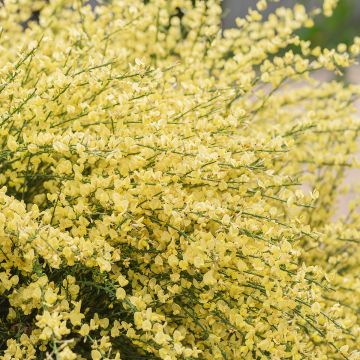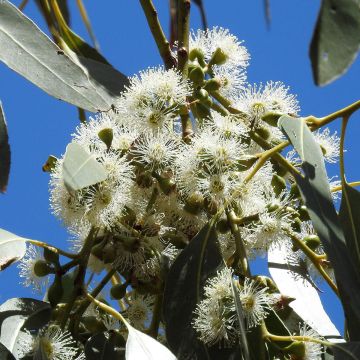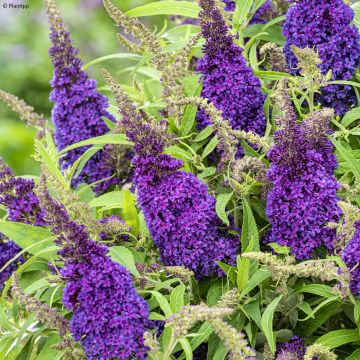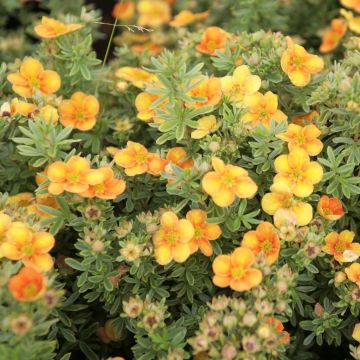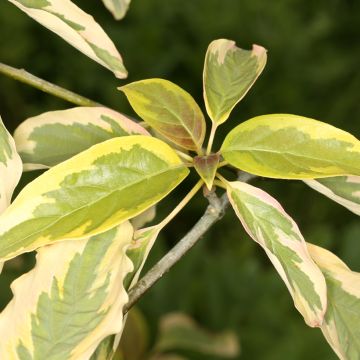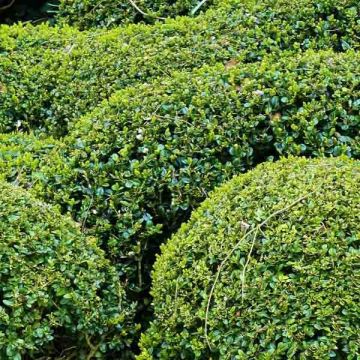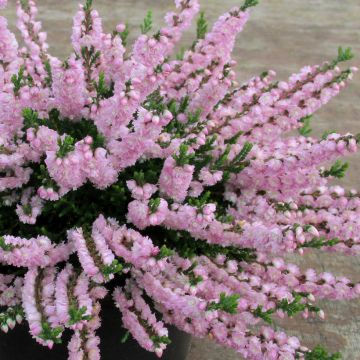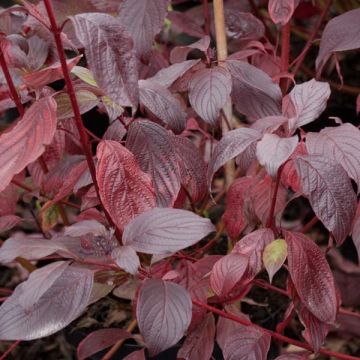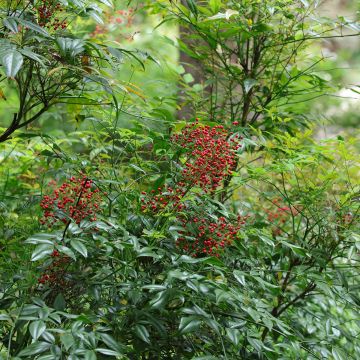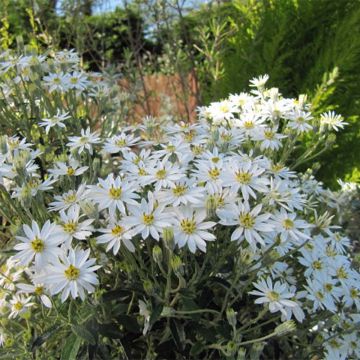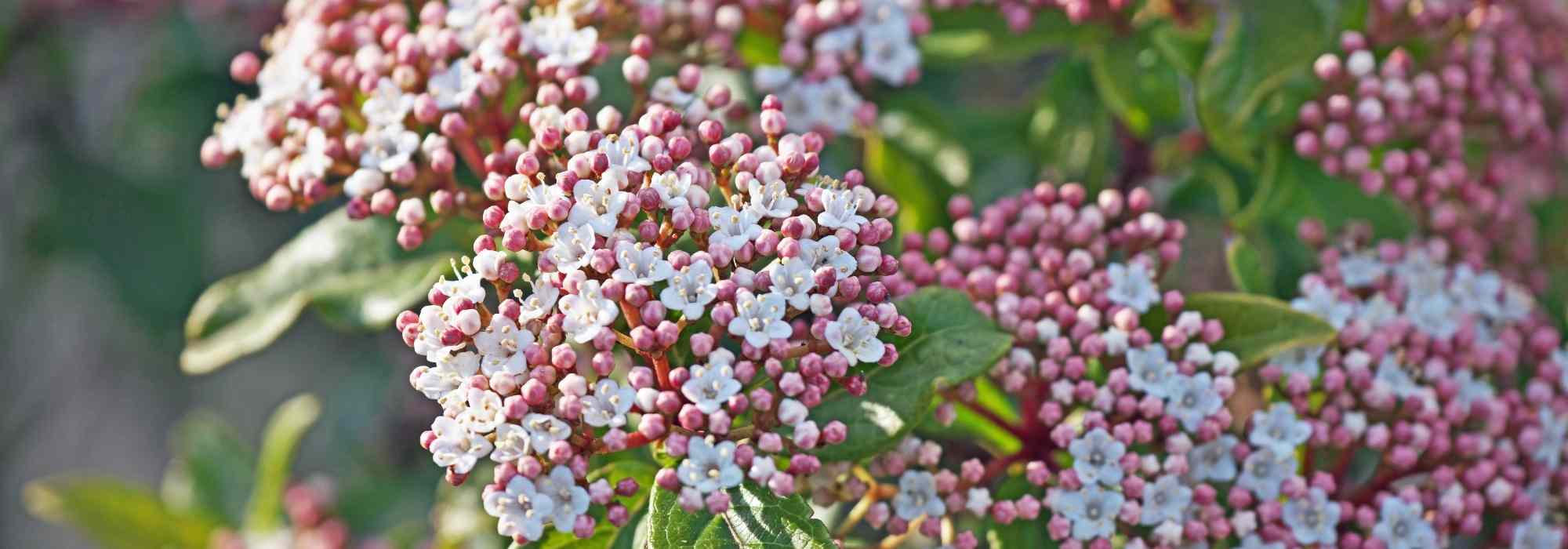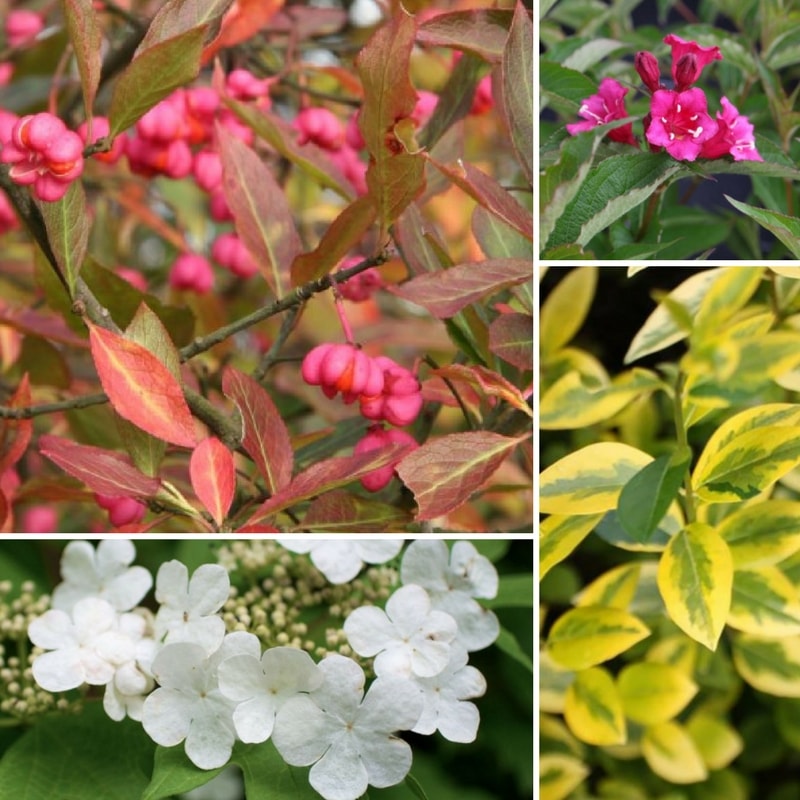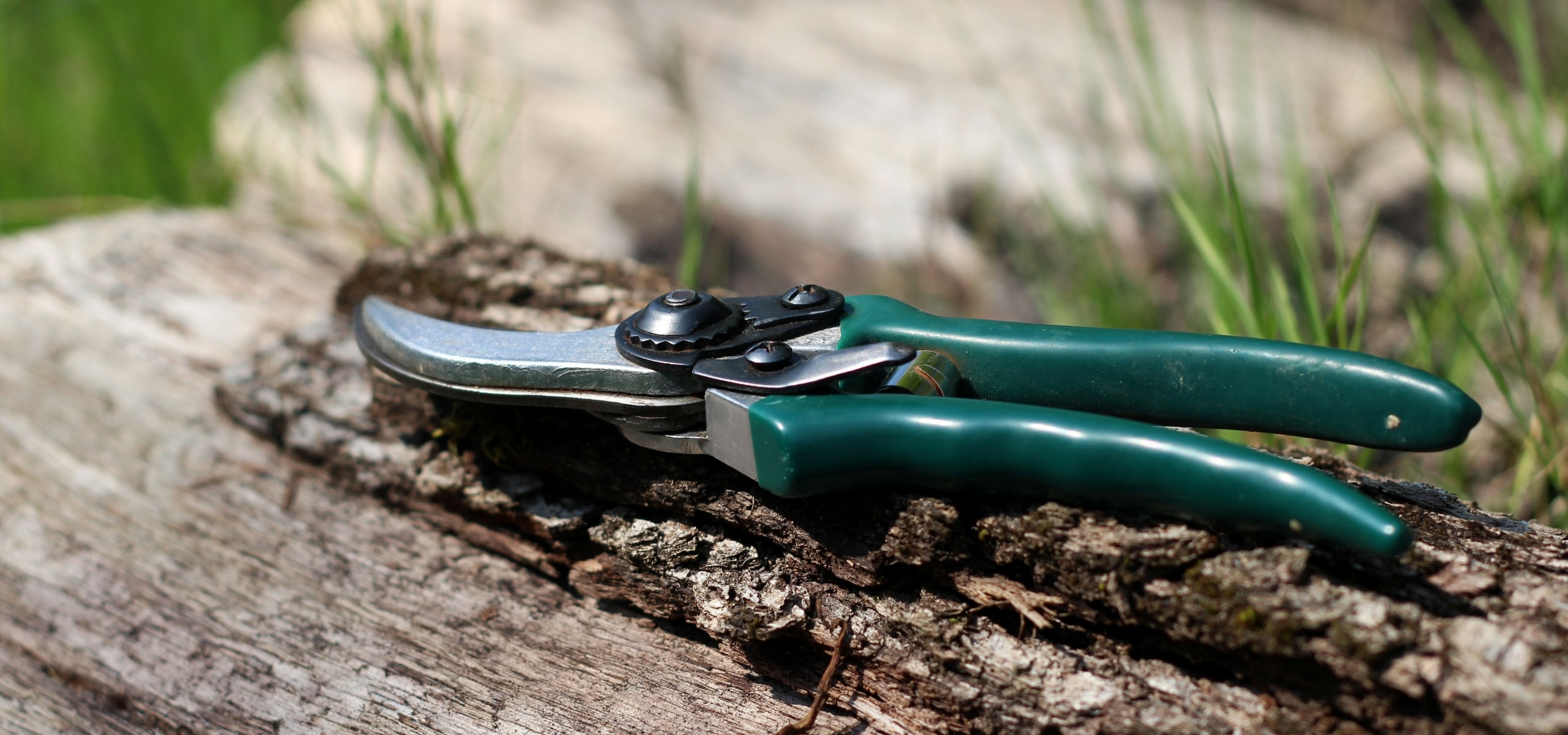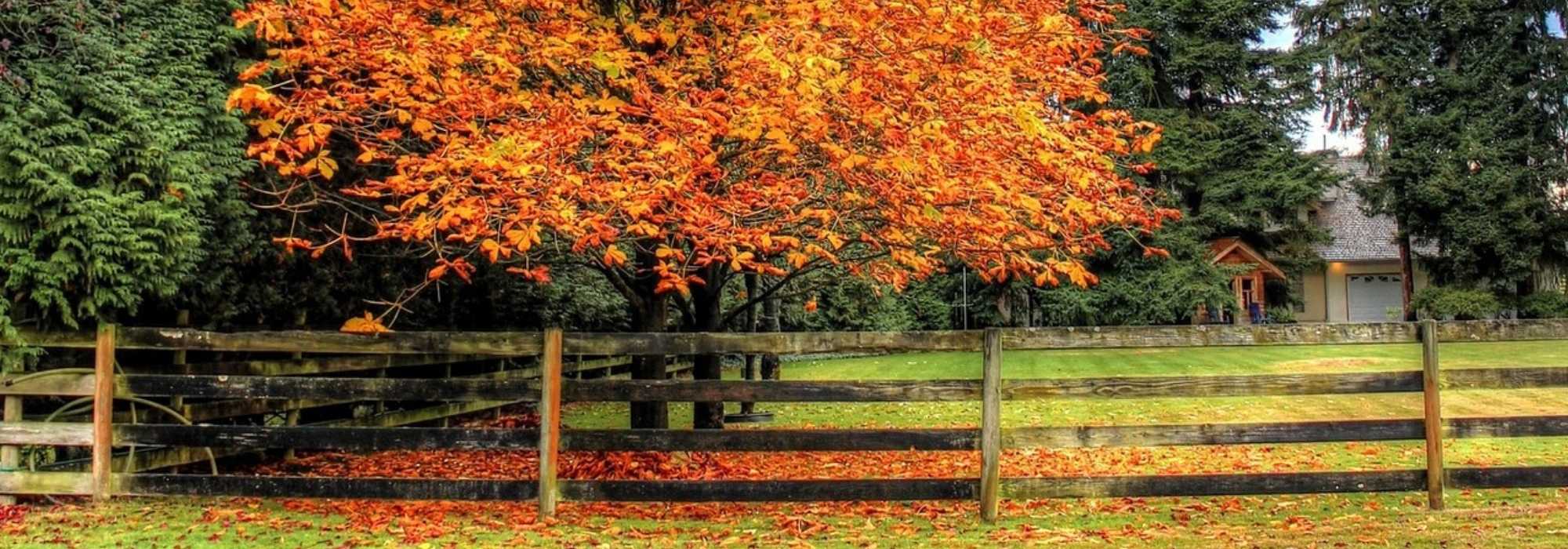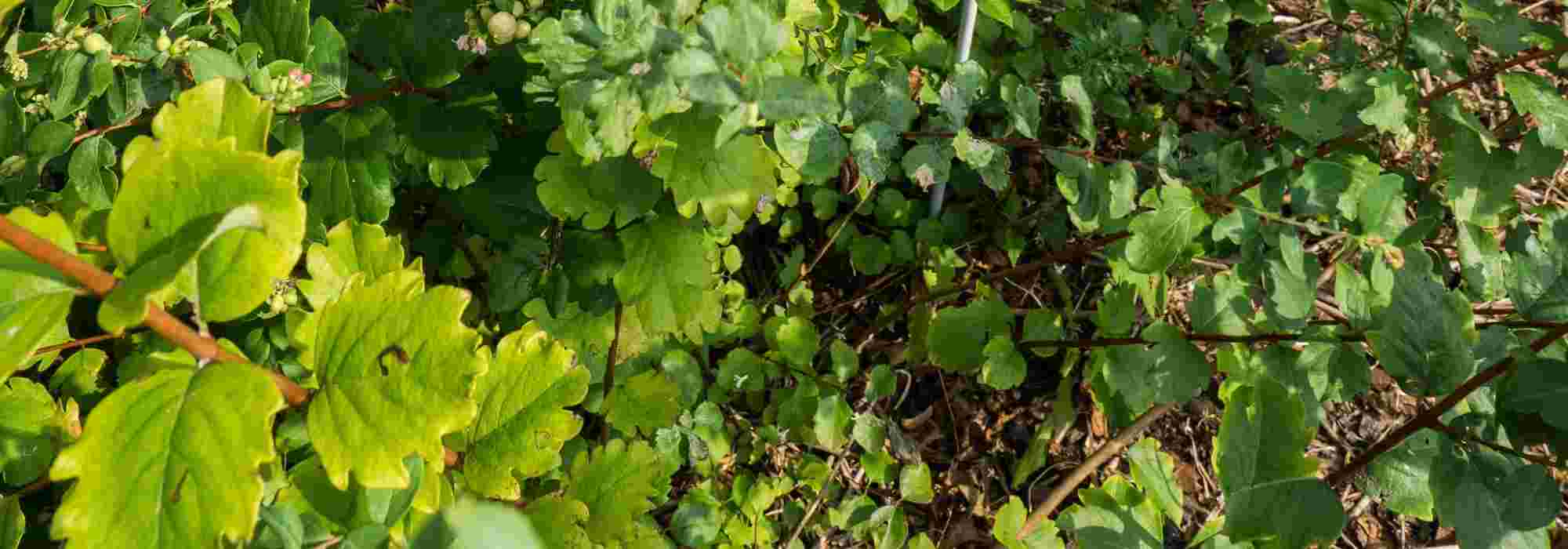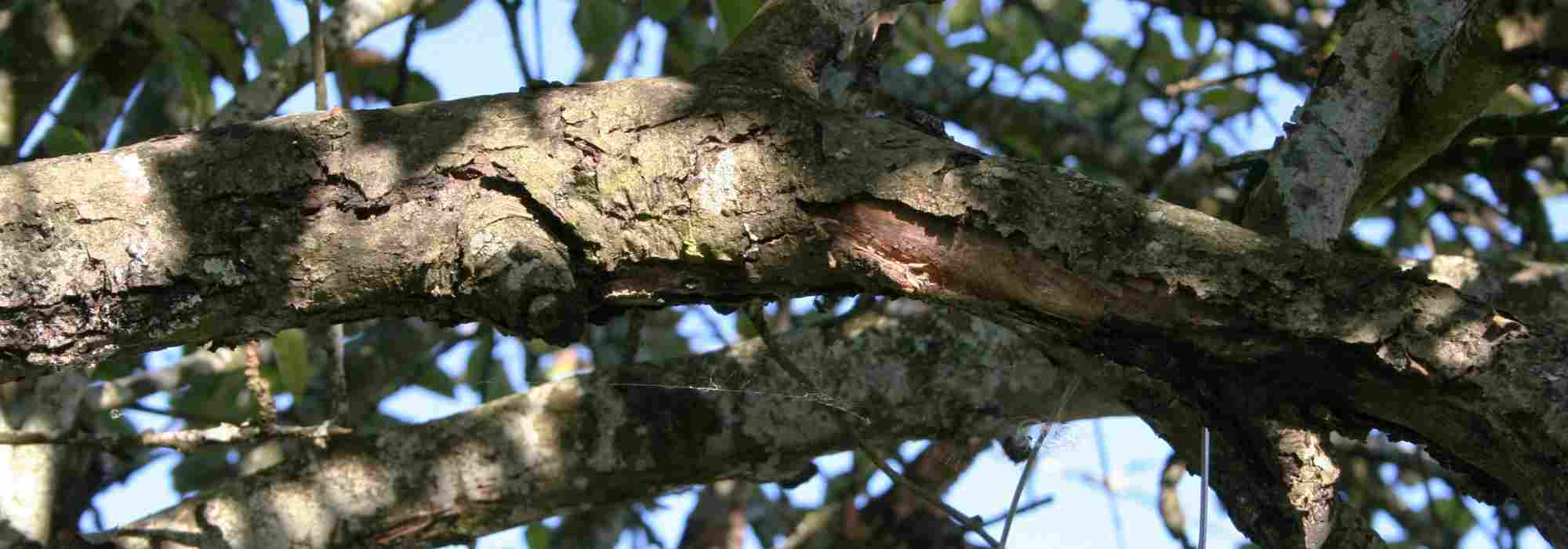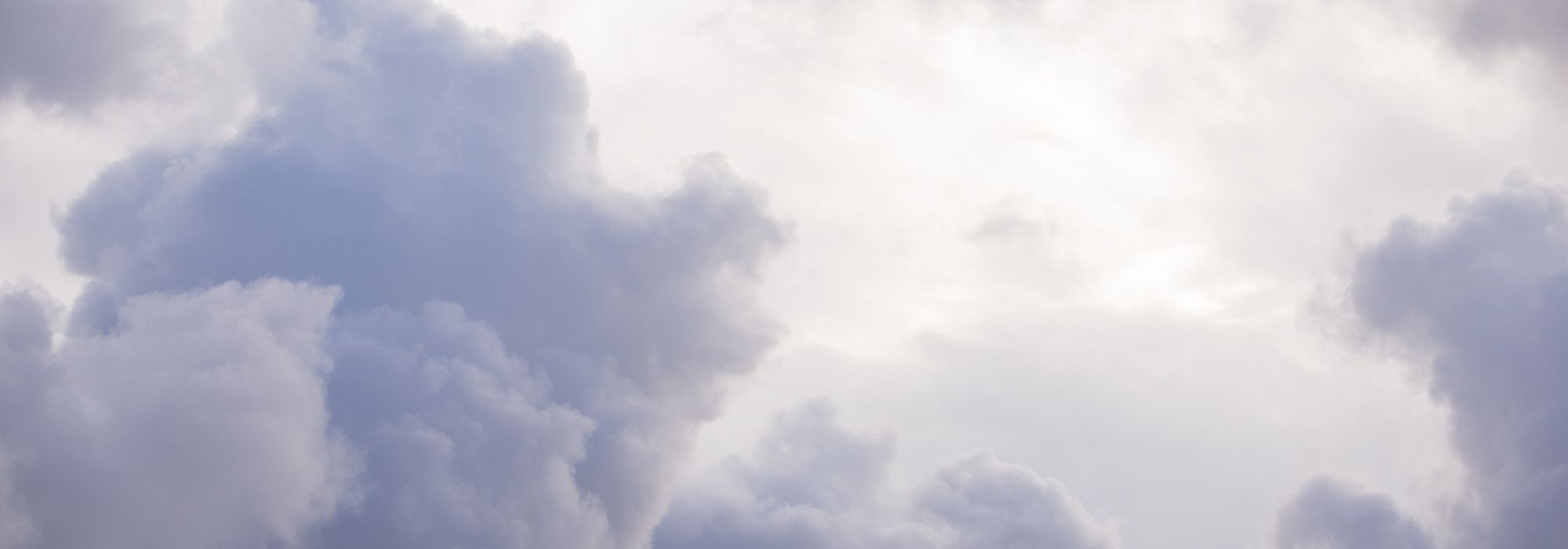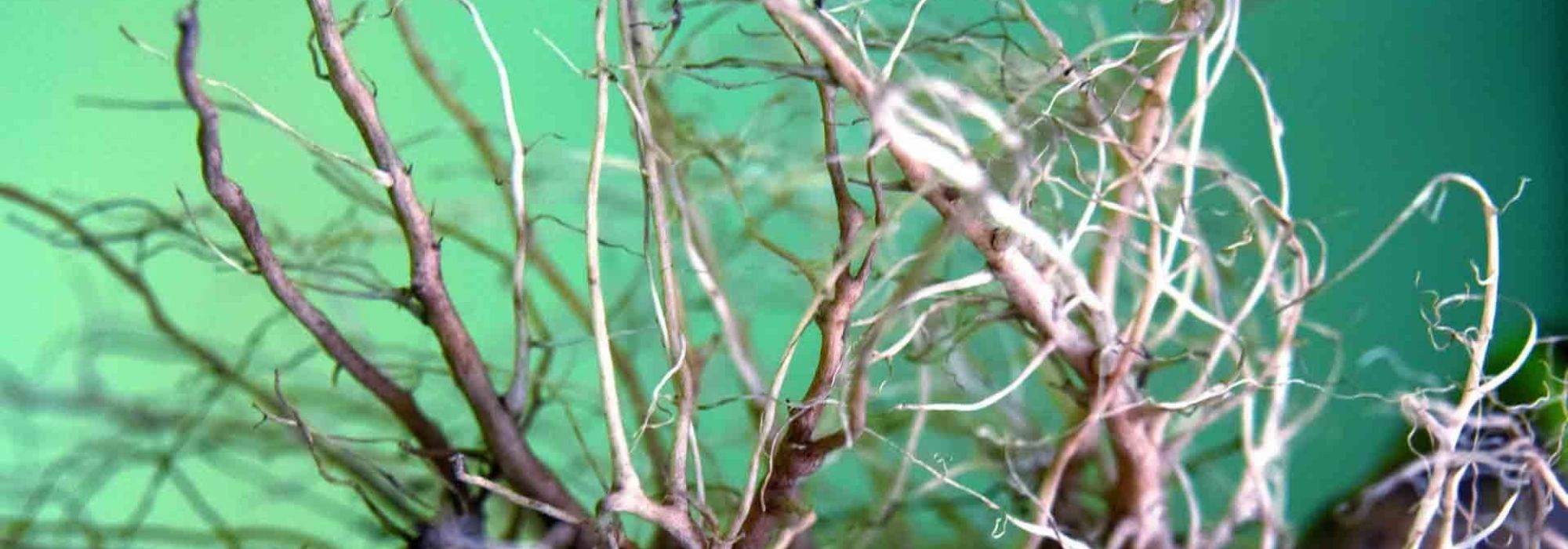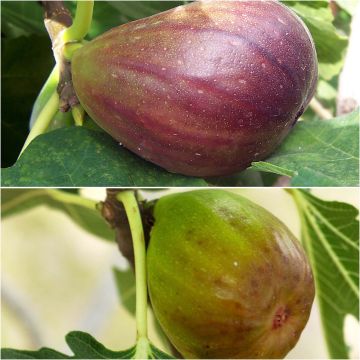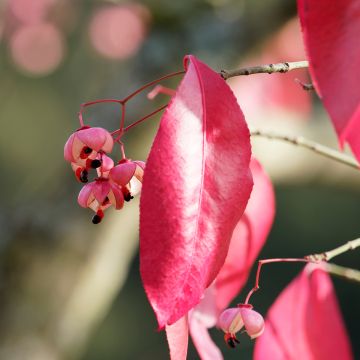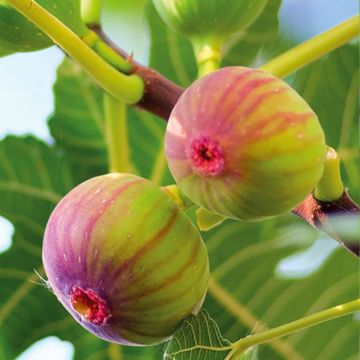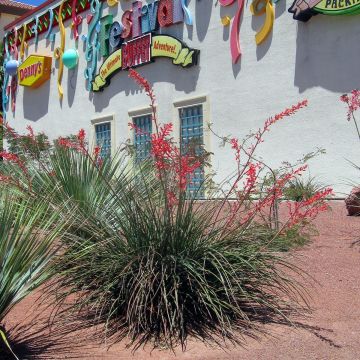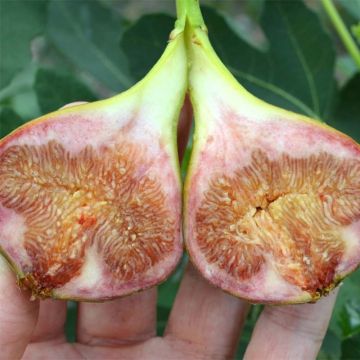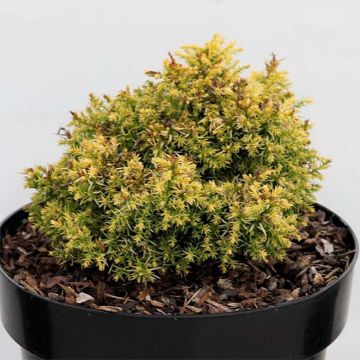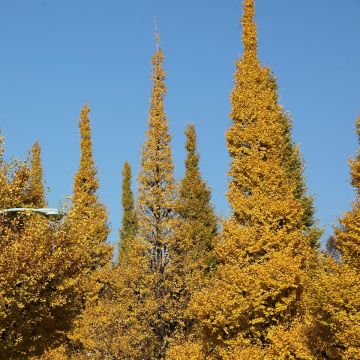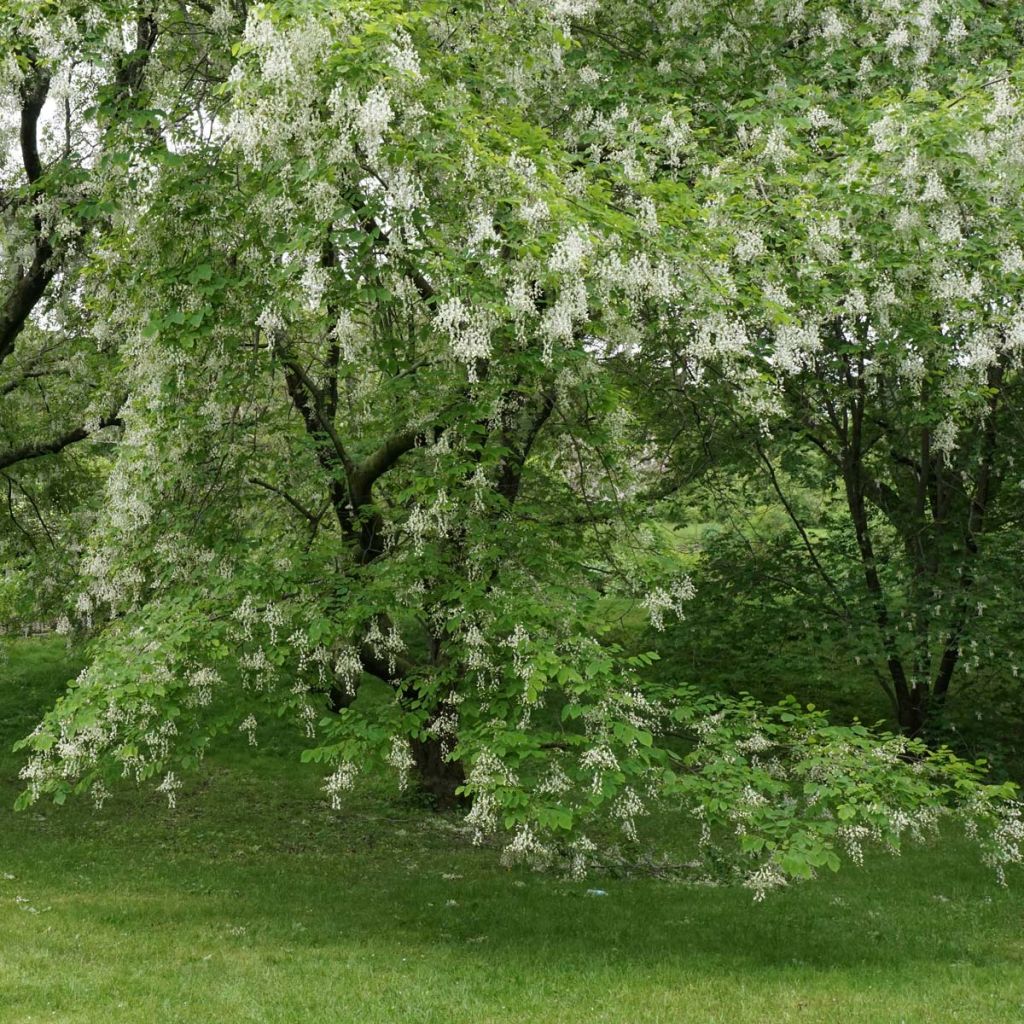

Cladrastis kentukea
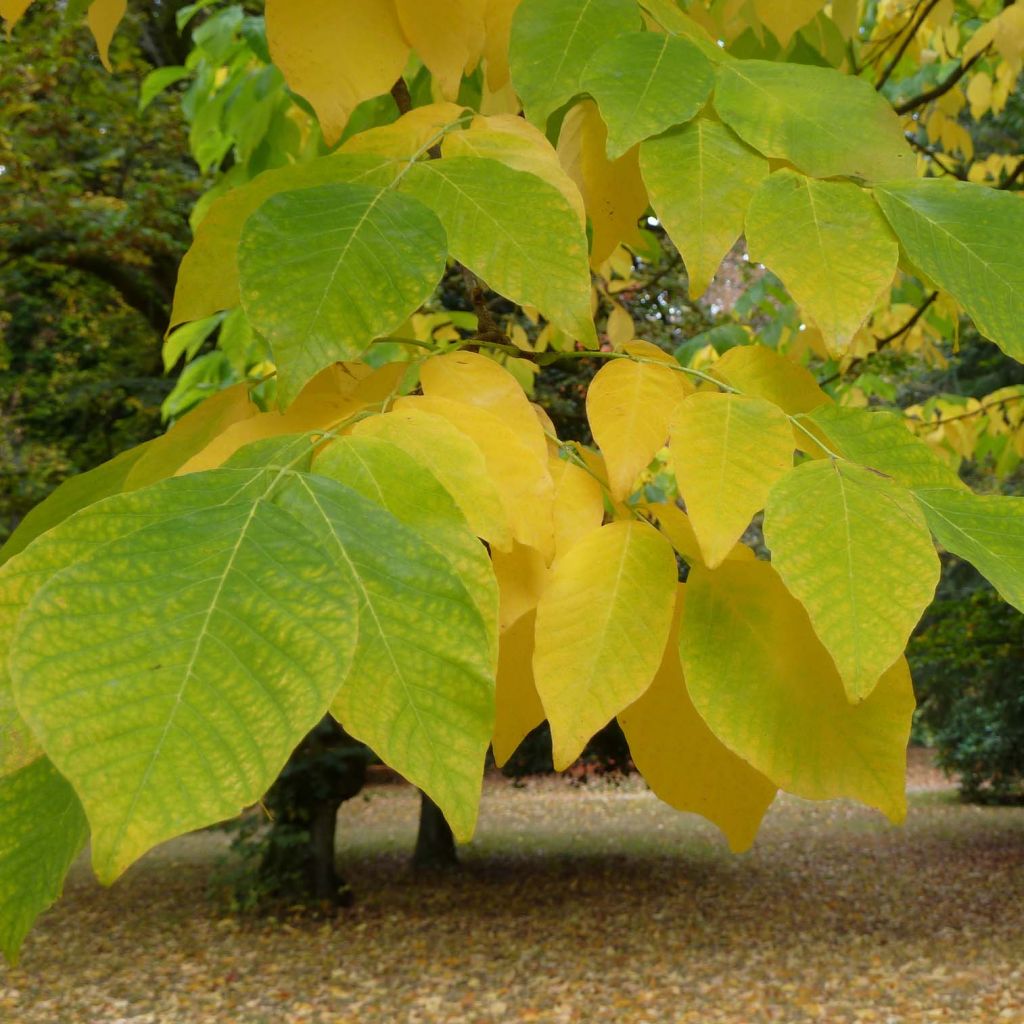

Cladrastis kentukea
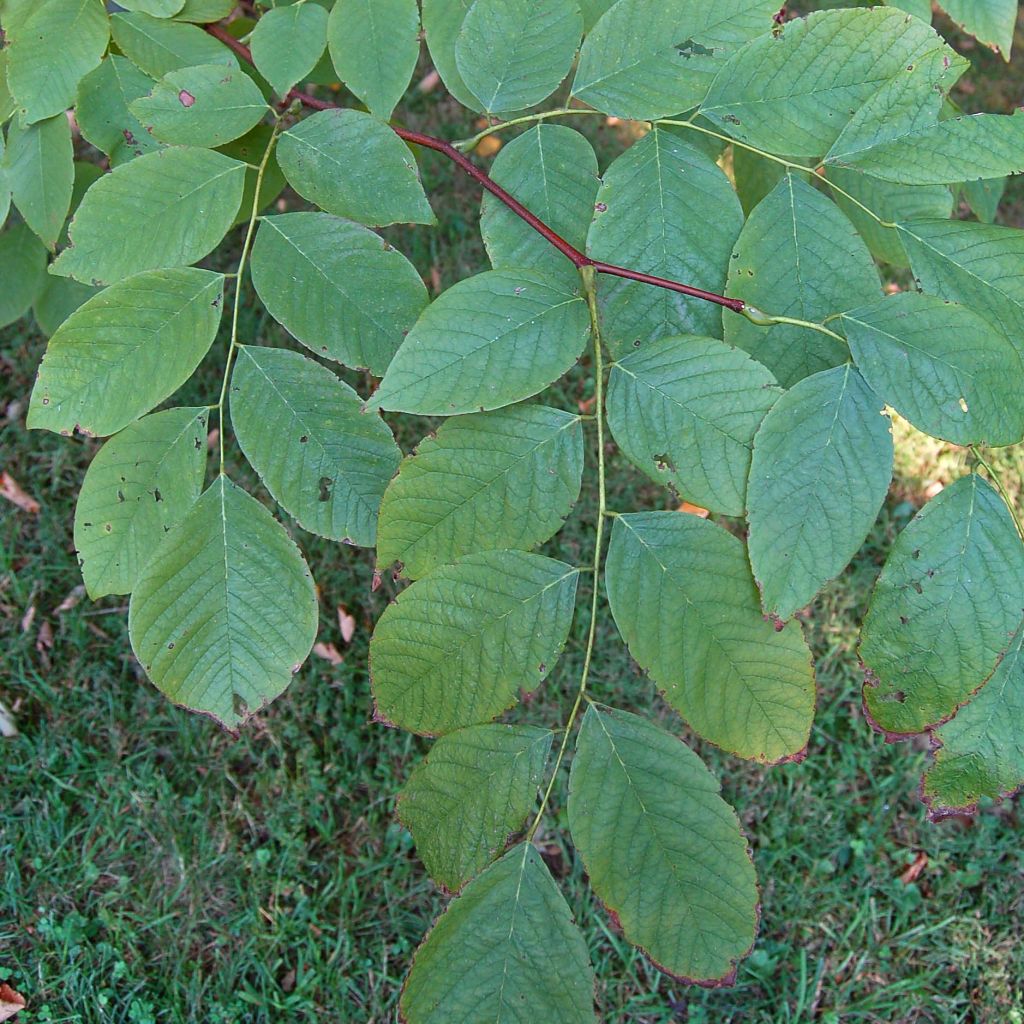

Cladrastis kentukea
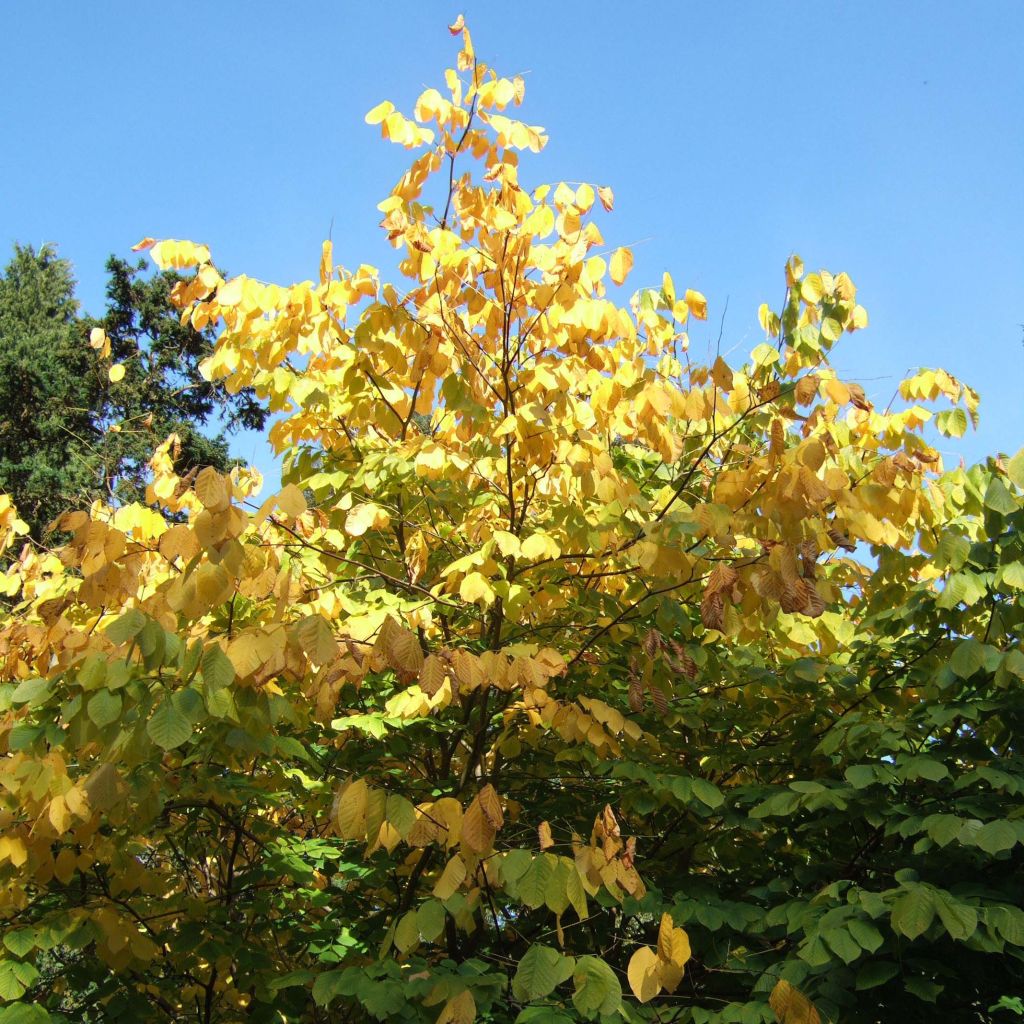

Cladrastis kentukea
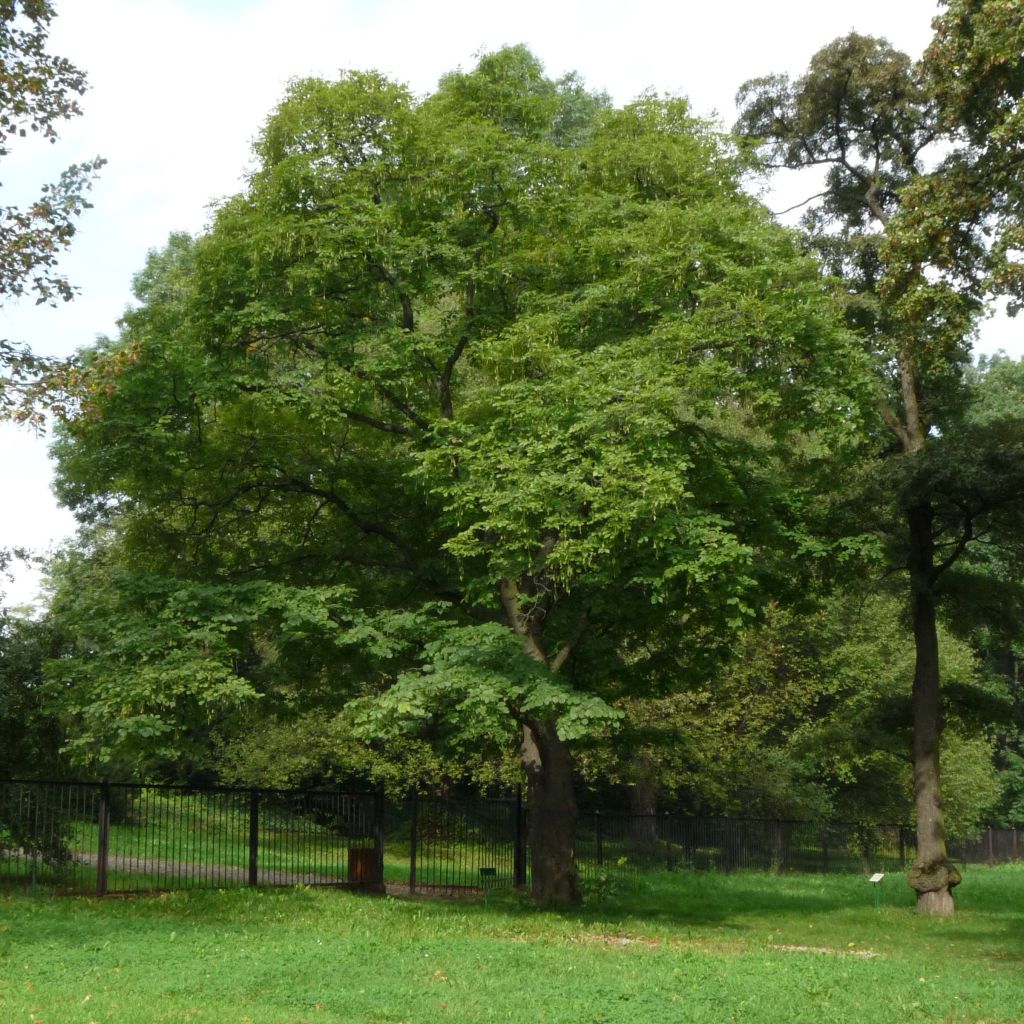

Cladrastis kentukea
Cladrastis kentukea
Cladrastis kentukea
Yellowwood, American Yellowwood
It hasn't produced any leaves yet. I hope it will grow well.
Nelly B., 02/04/2019
Special offer!
Receive a €20 voucher for any order over €90 (excluding delivery costs, credit notes, and plastic-free options)!
1- Add your favorite plants to your cart.
2- Once you have reached €90, confirm your order (you can even choose the delivery date!).
3- As soon as your order is shipped, you will receive an email containing your voucher code, valid for 3 months (90 days).
Your voucher is unique and can only be used once, for any order with a minimum value of €20, excluding delivery costs.
Can be combined with other current offers, non-divisible and non-refundable.
Home or relay delivery (depending on size and destination)
Schedule delivery date,
and select date in basket
This plant carries a 24 months recovery warranty
More information
We guarantee the quality of our plants for a full growing cycle, and will replace at our expense any plant that fails to recover under normal climatic and planting conditions.

Does this plant fit my garden?
Set up your Plantfit profile →
Description
The Cladrastis kentukea is a large ornamental bush, deciduous and much-stemmed (developed on several trunks). Its elegance comes from its rounded and spreading crown, but also from its delicate summer flowering in light and fragrant white clusters. Yellowwood enchants its space until autumn, when it takes on yellow-orange colours. Its South American origins do not prevent it from being hardy. In fact, this tree can withstand temperatures of at least -20°C (-4 °F). There's no reason to miss out on its light shade and ease of cultivation!
As its name suggests, the Cladrastis kentukea is native to Kentucky. It is found west of North Carolina and Oklahoma, as well as south of Missouri and Indiana to central Alabama. Although still rare, its easy cultivation and remarkable decorative power deserve a prominent place in our gardens. With its rounded habit, low branches, and globular and spreading crown, the Cladrastis kentukea is charming! As an adult, this tree reaches a height of 8-15 m (26 ft 2 in-49 ft 2 in) with a spread of 5-10 m. However, its growth can be slow in the early years of its life. It provides light shade thanks to its flattened, semi-open and rounded crown.
The yellowwood tree has dense foliage usually supported by multiple trunks covered in smooth, grey-brown bark that furrows slightly as it ages. It can also be grown as a many-stemmed bush, making it ideal for planting in a bed to create a lush, flowering backdrop. Cladrastis Kentukea's foliage emerges late. When they finally appear, the leaves are tender green, large and compound, consisting of 7 to 9 veined, glabrous and obovate leaflets, measuring between 20 and 30 cm (7.9 and 11.8 in) long. In autumn, Yellowwood takes on magnificent shades of golden yellow-orange for the final spectacle before the next season. Cladrastis kentukea flowers appear in May and June. The tree is covered with numerous white pendulous flower clusters, creating a romantic ambience.
The flowering resembles that of a Wisteria, which is indeed part of the same family as the Yellowwood. It appears in the form of long vaporous panicles about 25 cm (9.8 in) long, consisting of small butterfly-like flowers that exude a delicate vanilla fragrance. It may take several years for the first flowering to occur. Cladrastis kentukea, in particular, typically produce beautiful blooms every other year. Therefore, it's essential to be patient, as the wait will be worth it. Once the flowers appear, they will eventually give way to flattened pods that are green initially but turn brown with a length of about 8 cm (3.1 in). These pods can remain on the tree for several weeks.
Native to the southeastern United States, the Cladrastis kentukea is not frost-sensitive. It will withstand temperatures below -20°C (-4 °F) without damage, provided it is located in a sunny and sheltered area from strong winds as its branches are brittle. Yellowwood appreciates fertile, deeply cultivated and well-drained soils. Plant it in a deep hole lined with gravel and fill with a mixture of compost and garden soil to provide the organic matter it needs. Water regularly during the growing season for the first two years after planting. Once mature, the Cladrastis kentukea will no longer require any intervention on your part. This large bush does not require any pruning. However, if you want to keep it as a single trunk, you will need to remove unwanted trunks in July to avoid sap bleeding. Cladrastis kentukea has good disease resistance and is easy to cultivate. It tolerates soils that are very slightly chalky or acidic, as well as short periods of drought once established.
Used as a standalone plant, this elegant large bush provides pleasant shade in the summer and allows beneficial sunlight to pass through in winter thanks to its deciduous foliage. The delicate scent of its flowers will delicately perfume your outdoor living spaces. Yellowwood will work wonders in the midst of a field of perennial plants such as Aubrietas, St. John's Wort, or Campanulas. You can also use it as a background plant by pruning it into a bush so that its multiple trunks create a lush backdrop.
Report an error about the product description
Cladrastis kentukea in pictures
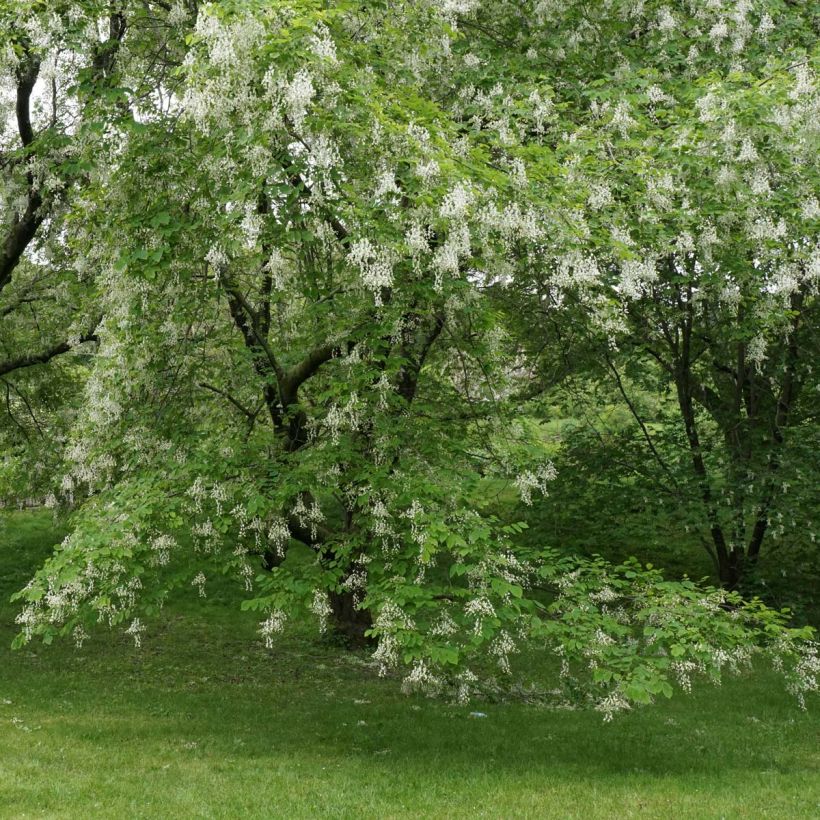

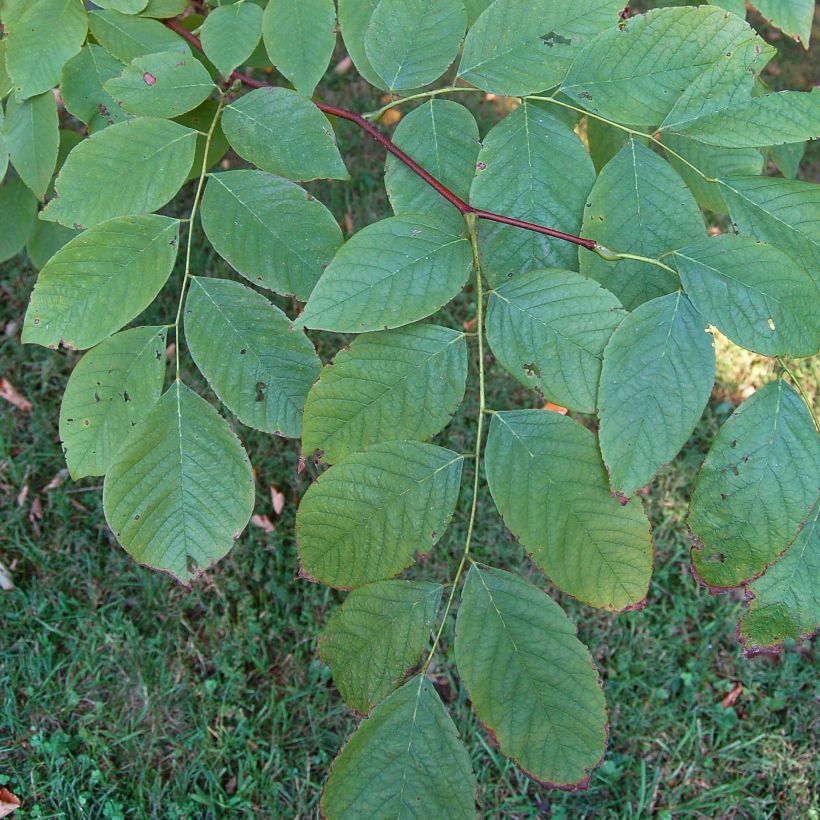

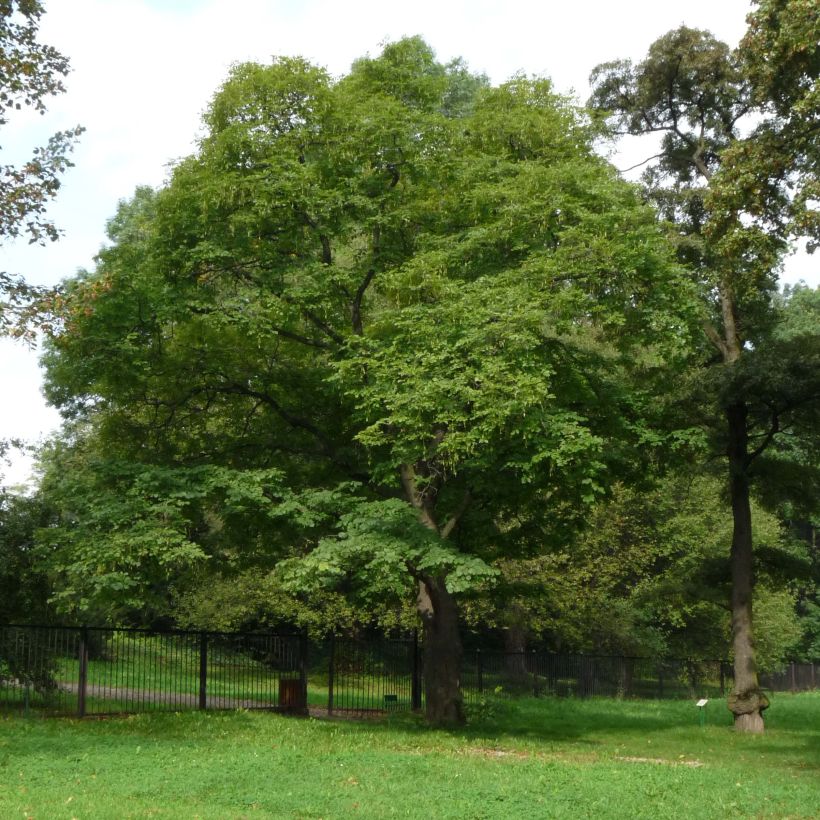

Plant habit
Flowering
Foliage
Botanical data
Cladrastis
kentukea
Fabaceae
Yellowwood, American Yellowwood
Cultivar or hybrid
Other Shrubs A to Z
View all →Planting and care
Originally from the southeast of North America, the Cladrastis kentukea is not a frost-sensitive tree. It will withstand temperatures below -20° without damage, provided it is located in a sunny and sheltered spot from strong winds as its branches are brittle.
The yellow-wood appreciates fertile, deeply loosened and well-drained soils. Plant it in a deep hole lined with gravel and fill it with a mixture of compost and garden soil to provide the organic matter it needs. Water regularly during the growing season for the first two years after planting. Once mature, the Cladrastis kentukea will no longer require any intervention from you.
This large bush does not require any pruning. If you wish to keep it as a single trunk, you will need to remove unwanted trunks in July to avoid sap flow.
The Cladrastis kentukea has good disease resistance and is easy to grow. It tolerates slightly limestone and slightly acidic soils, as well as short periods of drought once established.
Planting period
Intended location
Care
Planting & care advice
-
, onOrder confirmed
Reply from on Promesse de fleurs
Similar products
Haven't found what you were looking for?
Hardiness is the lowest winter temperature a plant can endure without suffering serious damage or even dying. However, hardiness is affected by location (a sheltered area, such as a patio), protection (winter cover) and soil type (hardiness is improved by well-drained soil).

Photo Sharing Terms & Conditions
In order to encourage gardeners to interact and share their experiences, Promesse de fleurs offers various media enabling content to be uploaded onto its Site - in particular via the ‘Photo sharing’ module.
The User agrees to refrain from:
- Posting any content that is illegal, prejudicial, insulting, racist, inciteful to hatred, revisionist, contrary to public decency, that infringes on privacy or on the privacy rights of third parties, in particular the publicity rights of persons and goods, intellectual property rights, or the right to privacy.
- Submitting content on behalf of a third party;
- Impersonate the identity of a third party and/or publish any personal information about a third party;
In general, the User undertakes to refrain from any unethical behaviour.
All Content (in particular text, comments, files, images, photos, videos, creative works, etc.), which may be subject to property or intellectual property rights, image or other private rights, shall remain the property of the User, subject to the limited rights granted by the terms of the licence granted by Promesse de fleurs as stated below. Users are at liberty to publish or not to publish such Content on the Site, notably via the ‘Photo Sharing’ facility, and accept that this Content shall be made public and freely accessible, notably on the Internet.
Users further acknowledge, undertake to have ,and guarantee that they hold all necessary rights and permissions to publish such material on the Site, in particular with regard to the legislation in force pertaining to any privacy, property, intellectual property, image, or contractual rights, or rights of any other nature. By publishing such Content on the Site, Users acknowledge accepting full liability as publishers of the Content within the meaning of the law, and grant Promesse de fleurs, free of charge, an inclusive, worldwide licence for the said Content for the entire duration of its publication, including all reproduction, representation, up/downloading, displaying, performing, transmission, and storage rights.
Users also grant permission for their name to be linked to the Content and accept that this link may not always be made available.
By engaging in posting material, Users consent to their Content becoming automatically accessible on the Internet, in particular on other sites and/or blogs and/or web pages of the Promesse de fleurs site, including in particular social pages and the Promesse de fleurs catalogue.
Users may secure the removal of entrusted content free of charge by issuing a simple request via our contact form.
The flowering period indicated on our website applies to countries and regions located in USDA zone 8 (France, the United Kingdom, Ireland, the Netherlands, etc.)
It will vary according to where you live:
- In zones 9 to 10 (Italy, Spain, Greece, etc.), flowering will occur about 2 to 4 weeks earlier.
- In zones 6 to 7 (Germany, Poland, Slovenia, and lower mountainous regions), flowering will be delayed by 2 to 3 weeks.
- In zone 5 (Central Europe, Scandinavia), blooming will be delayed by 3 to 5 weeks.
In temperate climates, pruning of spring-flowering shrubs (forsythia, spireas, etc.) should be done just after flowering.
Pruning of summer-flowering shrubs (Indian Lilac, Perovskia, etc.) can be done in winter or spring.
In cold regions as well as with frost-sensitive plants, avoid pruning too early when severe frosts may still occur.
The planting period indicated on our website applies to countries and regions located in USDA zone 8 (France, United Kingdom, Ireland, Netherlands).
It will vary according to where you live:
- In Mediterranean zones (Marseille, Madrid, Milan, etc.), autumn and winter are the best planting periods.
- In continental zones (Strasbourg, Munich, Vienna, etc.), delay planting by 2 to 3 weeks in spring and bring it forward by 2 to 4 weeks in autumn.
- In mountainous regions (the Alps, Pyrenees, Carpathians, etc.), it is best to plant in late spring (May-June) or late summer (August-September).
The harvesting period indicated on our website applies to countries and regions in USDA zone 8 (France, England, Ireland, the Netherlands).
In colder areas (Scandinavia, Poland, Austria...) fruit and vegetable harvests are likely to be delayed by 3-4 weeks.
In warmer areas (Italy, Spain, Greece, etc.), harvesting will probably take place earlier, depending on weather conditions.
The sowing periods indicated on our website apply to countries and regions within USDA Zone 8 (France, UK, Ireland, Netherlands).
In colder areas (Scandinavia, Poland, Austria...), delay any outdoor sowing by 3-4 weeks, or sow under glass.
In warmer climes (Italy, Spain, Greece, etc.), bring outdoor sowing forward by a few weeks.






























